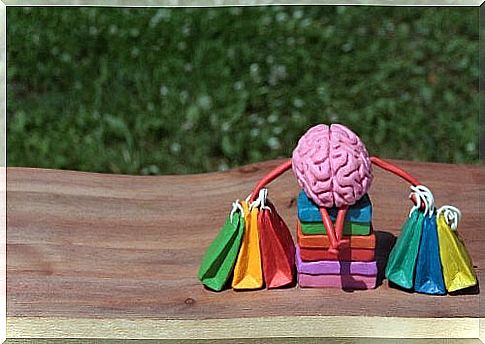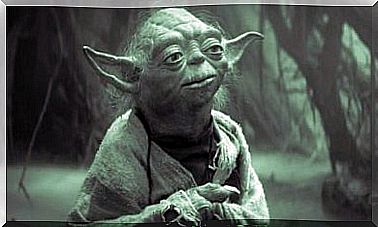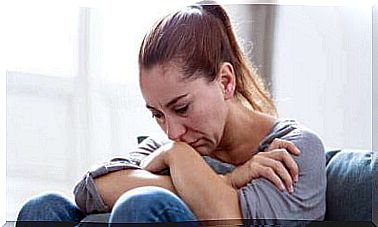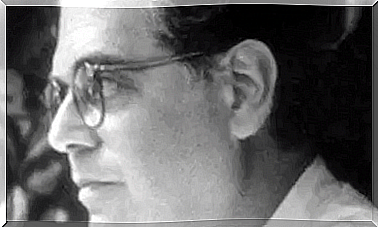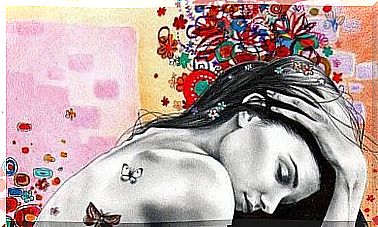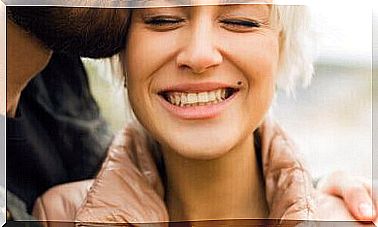Liquid Life And Consumerism: Are We Buying To Fill In The Gaps?

In this life, everything is in continuous change: politics, values, ways of thinking and having relationships, education, the professional world. .. We currently live in a globalized society marked by consumerism and by loss fixed structures from the past. The consequence is therefore the appearance of a feeling of uncertainty and loss of direction. We quickly lose our bearings …
The philosopher and sociologist Zygmunt Bauman was interested in this phenomenon. A large part of his works makes reference to the poignant reality in today’s society is immersed: liquid life. In this life, there is a certain fragility of emotional ties, the growth of inequalities and general disconnection. It is a known scenario which assumes a certain speed, selfishness and individualism.
Bauman asserts that liquid society is based on the principle that everything is temporal, unstable, arbitrary and ephemeral. In fact, everything has an expiration date. Social networks play a fundamental role in this society since they allow to be connected while being at the same time disconnected. Let’s dig deeper .

The eternal emptiness of consumerism in liquid life
The liquid man wishes to be a citizen without ties, without responsibilities and without commitments. He seeks to live new experiences, to take new risks, without seeking to solidify his roots. He leaves everything he starts in abeyance, unfinished, without an end point. Everything is fleeting and superficial …
He thus develops within himself a constant feeling of existential emptiness that he does not know how to fill. Sometimes it even happens that he is not aware of the existence of this void. Otherwise, it ends up immersing itself in a continuous stream of renovation. In this approach, consumerism or the acquisition of material goods plays an important role. It is through these goods that he tries to fill the existential void.
The problem is that the voids of being are not filled with possessions. Despite our best efforts, it is not the quantity that puts an end to the constant dissatisfaction. It just manages to get us stuck in an environment without substance.
The unfulfilled desires only call the fantasies towards more desires. If the attention is directed towards the outside and not towards our interior, desires mainly reflect deficiencies and needs. Nothing escapes the liquidity of our environment. Therefore, our individuality becomes empty and unstable. It sometimes leads to identity disorders, anxiety attacks or depression.
Responsible consumption in response to consumerism
What to do in the face of so much chaos and so much emptiness? How to fill the gaps?
Learning to flow smoothly like water does is one possible solution. It is about adapting to different circumstances just like the water in its container.
For this, it is above all necessary to cultivate patience and self-observation. Little by little, we will be able to identify our real needs and the fear of change will be less strong.
On the other hand, it is important to adopt a critical attitude. It will allow us to analyze and question our behavior and habits. It will thus be easier to maintain the consumerist and renovation behaviors which are at the origin of the vicious circles in which nothing is built.
It is also necessary to shift the focus of attention inward in order to reconnect with ourselves. We will thus get rid of unnecessary models that we sometimes follow to fill our voids. It’s time to build a solid foundation for our well-being.

How to practice responsible consumption rather than consumerism?
- Make a list of what you really need, and set a maximum budget for your expenses
- Focus on what you have
- Recycle before you buy new things
- Look for alternatives to shopping: sometimes people buy out of boredom. It is important to have alternative activities at these times. The practice of a sport or another activity can make it possible to slow down our irresponsible and unnecessary purchasing impulses
- Simplify your life to experience greater satisfaction
- Have self-esteem: it is important to do everything that we love in order to feel good with ourselves and to be happier
- Buy at low frequency so as not to feel anguish: it is fundamental to identify the negative emotions that can develop during purchases. If necessary, you can seek professional help to deal with these emotions.
- Read Marketing Information: It’s always good to know a little bit about the techniques used by brands or companies to “cheat” us. This will allow you to avoid making unnecessary purchases.
- Limit your subscriptions to brand loyalty programs or email newsletters: every day, we receive offers by email. It can cause us to buy without a real need. Be very careful
- Buy experiences: everyone decides how they are going to live their life. But let’s not forget that experiences have a place in our heart, which is not necessarily the case with objects.
As we can see, the question is not to have and still to have but rather to be. We have to cultivate it within us to expose it outward. For this, we must adopt a contemplative, patient and enriching attitude.
Let’s stop running at full speed, stop for a moment, close our eyes and enjoy the silence. Enjoy the experience capable of calming our mind, our impulses and bringing us closer to well-being.
